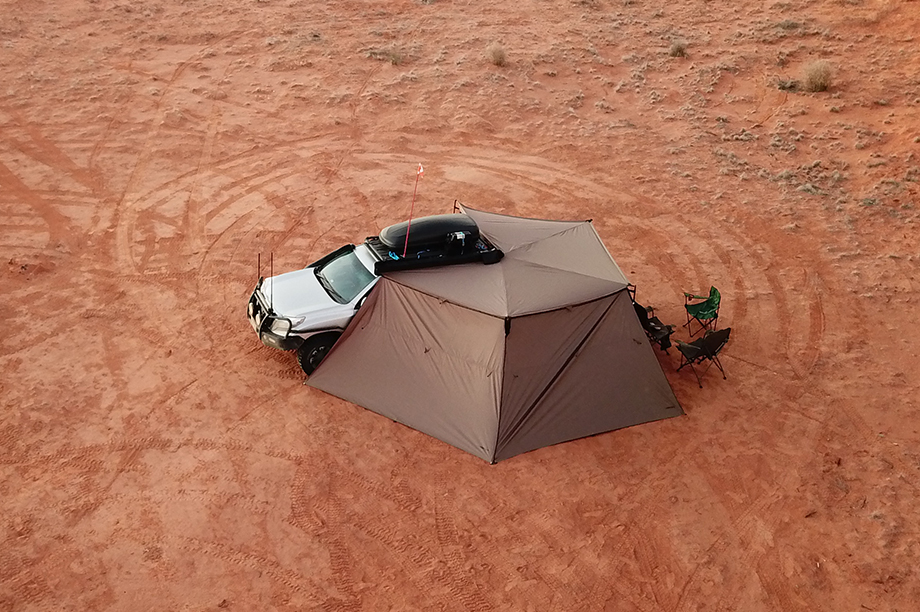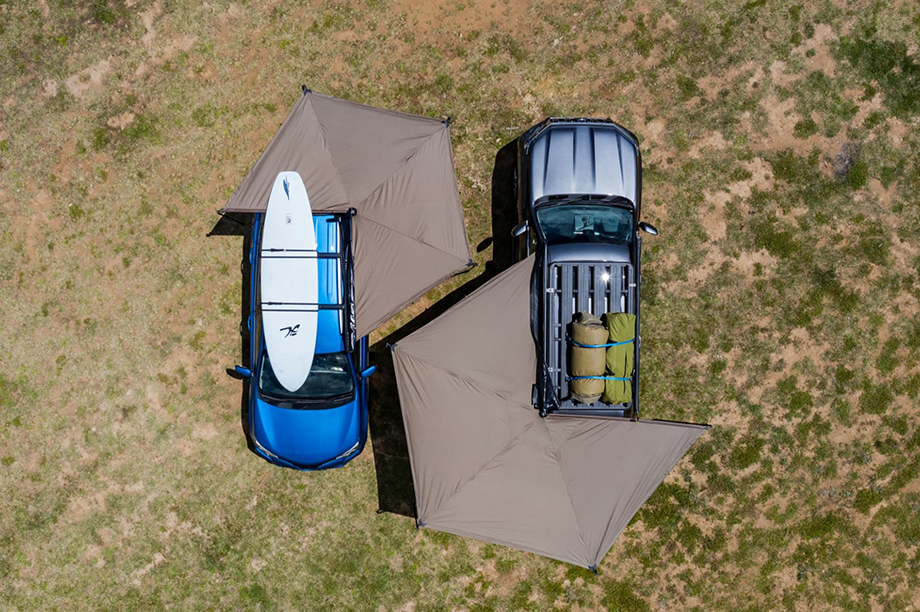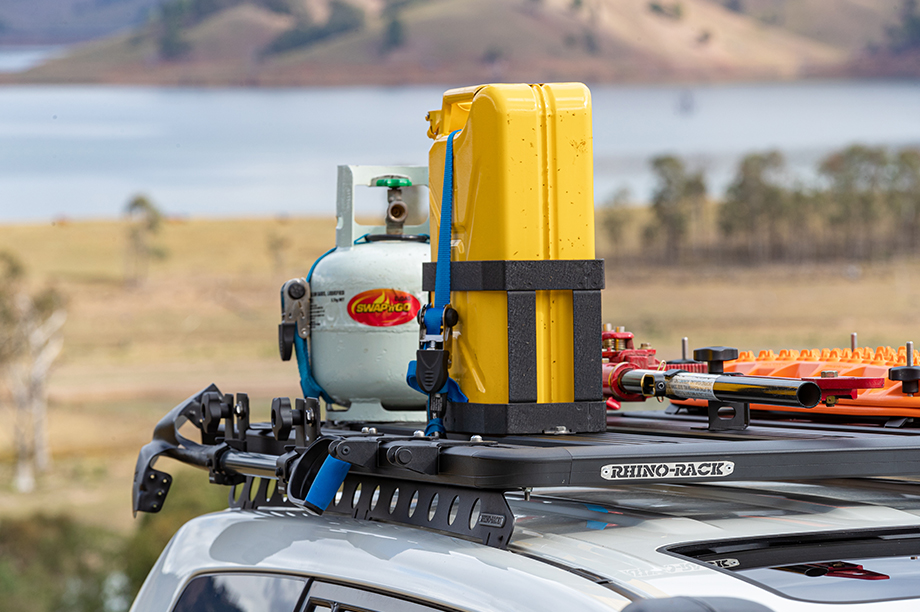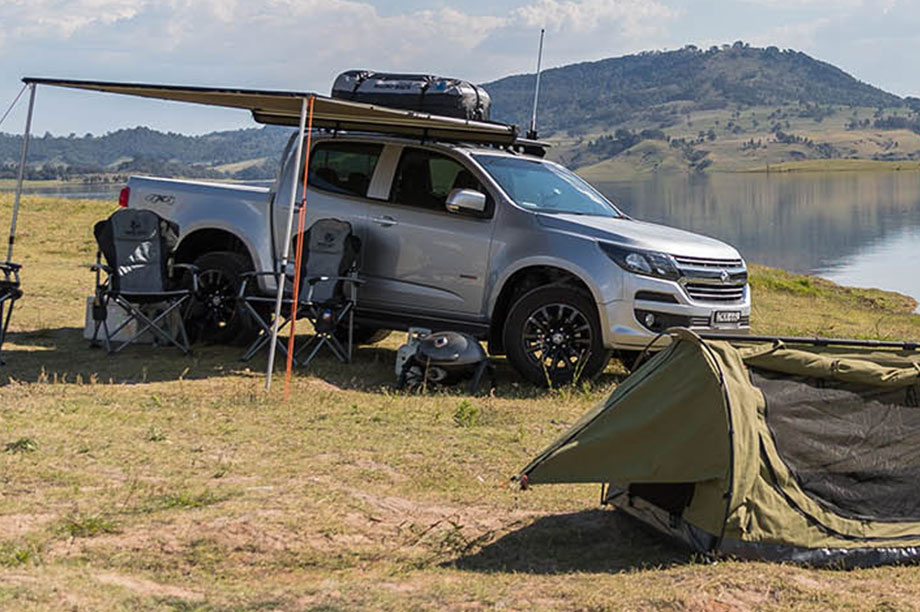
The Rhino-Rack product testing team has clocked up more than their share of outback miles while performing R&D for their range of offroad-spec roof racks, rooftop platforms and accessories.
Anyone who’s spent even a little time touring remotely would be well aware that the outback is the absolute last place you want to have vehicle problems.
Although the truth is, if you spend enough time out there, eventually you might wind up spending a long hot day or chilly night waiting for help.
Being prepared and carrying the right equipment means the difference between mere inconvenience and downright danger.
Load up the fourby with these essentials before heading outback and slash your risk of ending up in real trouble should you break down a long way from home.
OUTBACK EMERGENCY & SURVIVAL KIT
Water. Keep an emergency stash of water in your vehicle that you don’t normally drink from every day (i.e. not your daily water bottle). The general rule of thumb is, the deeper you are going into the bush, the more water you will need. Keep 20 litres in the car for break down emergencies, and an extra 5-7 litres per person per day.
Food. Enough non-perishable food for each person for two days.
First Aid Kit. If you buy a pre-packaged one, inspect it for all the things you will need: band-aids, antiseptic cream, broad-spectrum antibiotic, insect repellant, pain killers, sunblock, triangle bandages, strapping tape, compression bandages.
Electrolyte mix.
Supplies to start a fire (make sure you know the fire danger and restrictions in your area). A lighter, a box of matches and some firelighter blocks could make your night a lot more comfortable.
A tarp for shade or a handy groundcover.
A blanket.
Clothes: some spare clothes suitable for hot and cold environments. Insulated jacket, waterproof outer layer, a beanie, a peaked cap
Toolkits: check your car toolkit to make sure you have everything you need to change a tyre and make sure you have some spare parts; fuses, spare globes, fan belt and assorted engine hoses. Also, bring some extra tools; wrench, screwdrivers, zip ties, hammer/mallet. Double check your spare tyre is inflated before embarking on your trip.
Large torch or headlamp.
Mini solar panel charging device.
Swiss Army Knife/ multitool
Long-handled shovel.
A loud whistle.
Communications: UHF radio and/or a satellite phone if you are going into the remote outback. A large flare may also be handy (just be wary of the fire danger in your local area.)
Detailed maps and a compass.
Fuel: A couple of 20-litre jerry cans of spare fuel would not go astray.
Sand flag (if travelling on sand).
Travel permits for national parks you may enter.


















